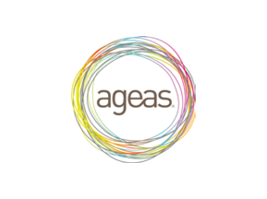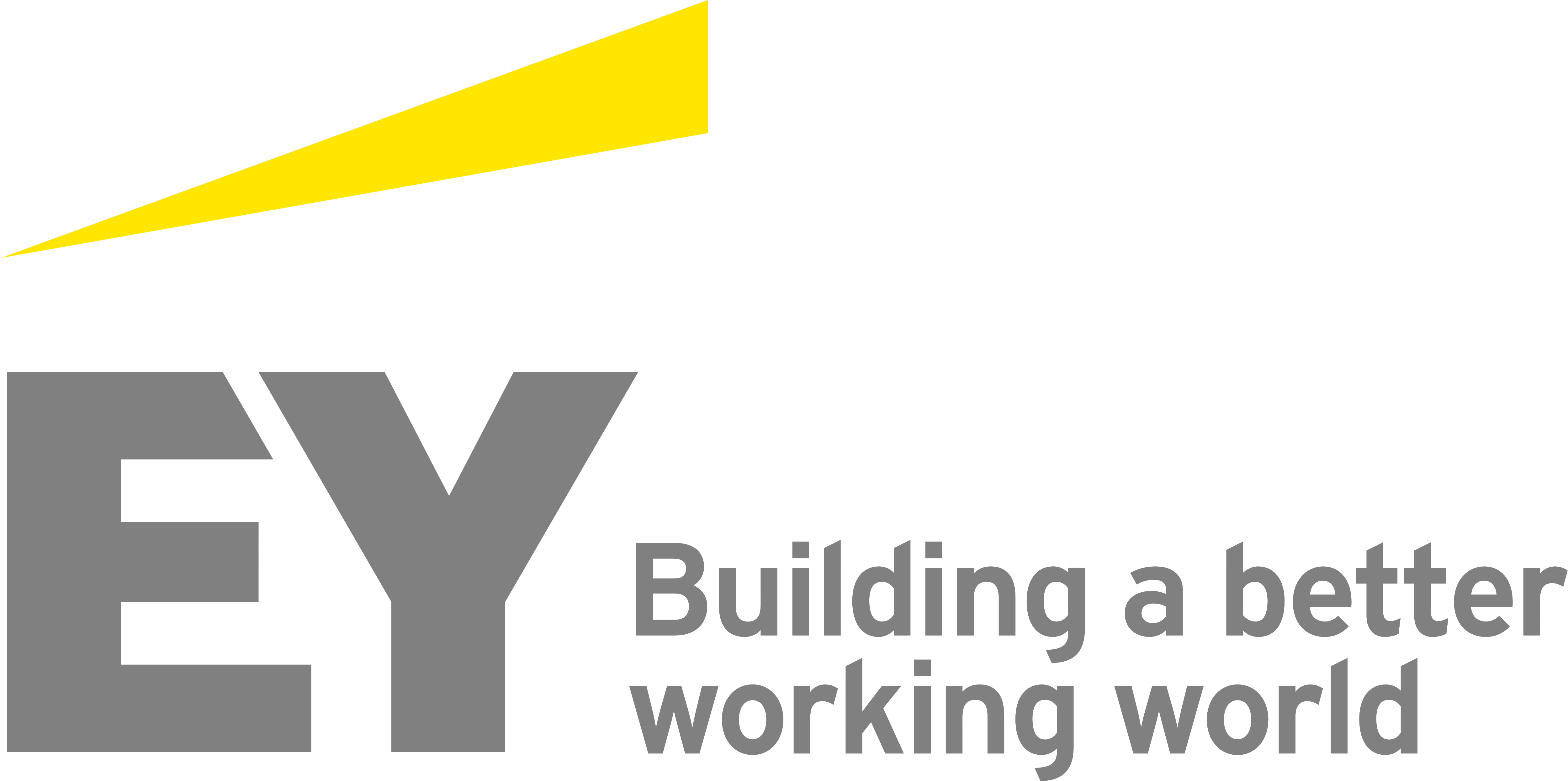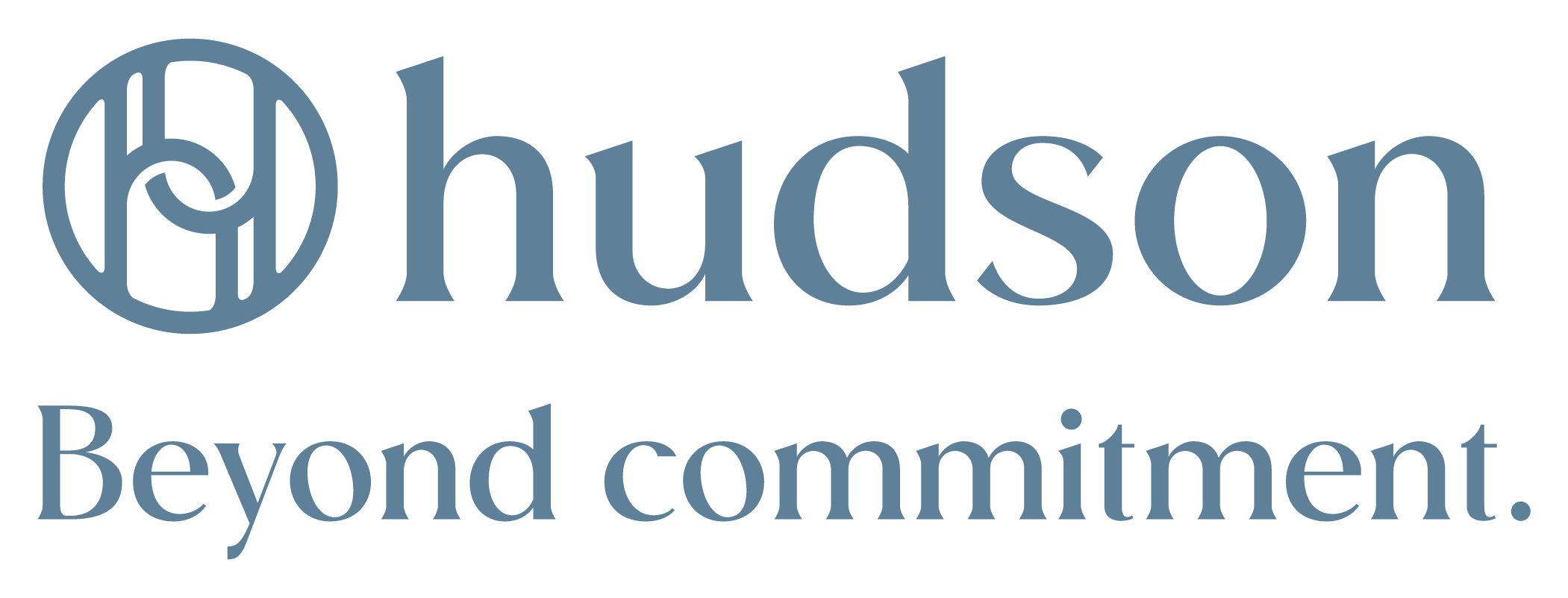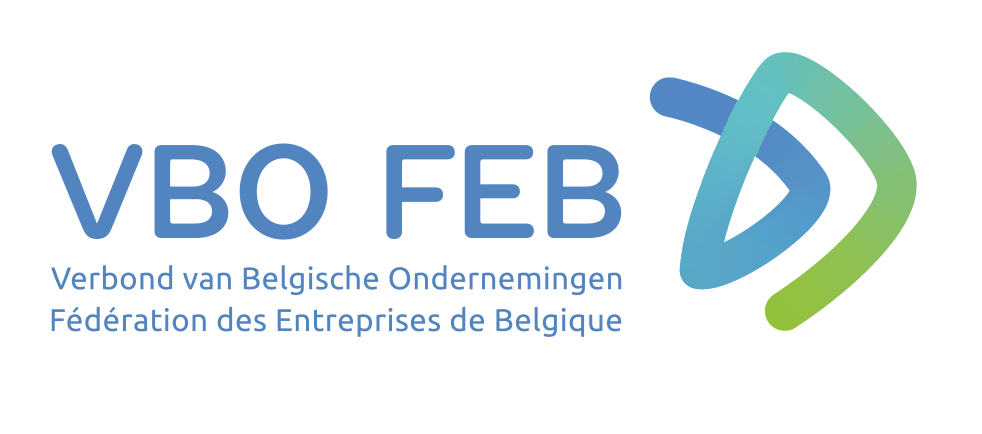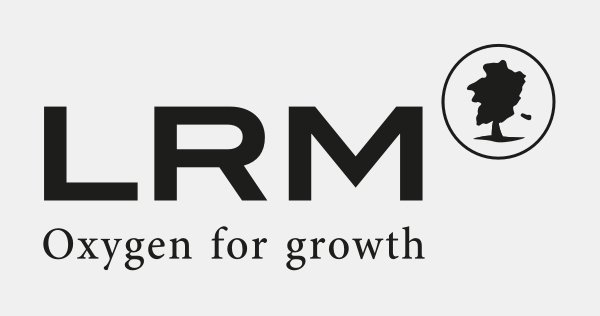Solvay asks shareholders for solidarity
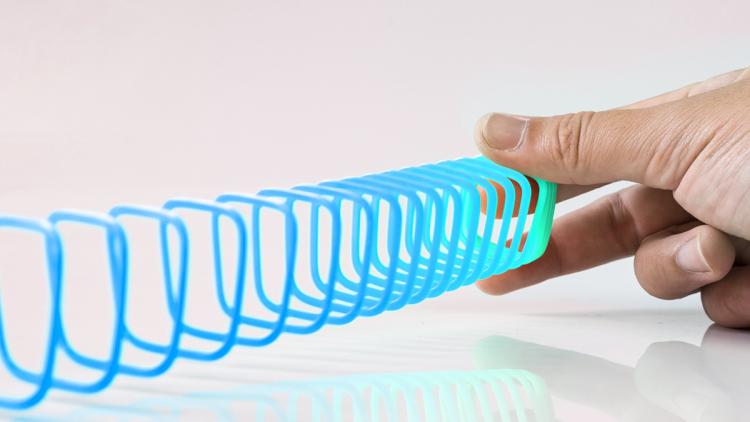
Bron: De Tijd
Solvay-CEO Ilham Kadri provides a first: she calls shareholders to transfer one third of the final dividend to a solidarity fund for Covid-19.
Solvay provided a double surprise on Thursday. For the first time, the chemical group confirmed the dividend offer of 3,75 euros. Taking the interimdividend that has already been paid into account, that implies a final dividend of 2,25 euros that the shareholder normally gets transferred to their account on 20 May.
A confirmation of the dividend is remarkable nowadays, especially in the heavily affected chemical sector. Solvay is in a perfect storm, including the exposure of the aviation- and shale oil sector.
However, Solvay refers to good balance: specifically the 4 billion euro cash and available credit line. The group also built a strong reputation in terms of dividend retention. This is one of the few companies that is has taken a stable or explicitly increasing dividend up in its company goals. The group had to cut its dividend for the first time since 1982, after the disaster in 1981.
Solidarity
Noteworthy: Solvay calls the shareholders to carry one third of their final dividend over to a solidarity fund (0,75 euro bruto per share). The fund is to help employees and people who are self-employed who have difficulties during the corona crisis. The rest of the resources goes to charities that help corona victims.
A shareholder that wants to practice solidarity, has to let this be known before the general meeting on 8 May. The formalities will follow.
Solvay leadership will also contribute to the solidarity fund. The president of Solvay will contribute half of his yearly salary. CEO Ilham Kadri and other upper management will also give 15 procent of their salary. Employees can also voluntarily contribute. Every contribution from an employee is matched be Solvay itself.
Less investments
Solvay withdraws its annual forecast from 26 February - "at best a stable gross operating profit", which is not surprising considering the view on the severely adverse economic climate. Furthermore, investments are falling by more than 250 million euros per year.

